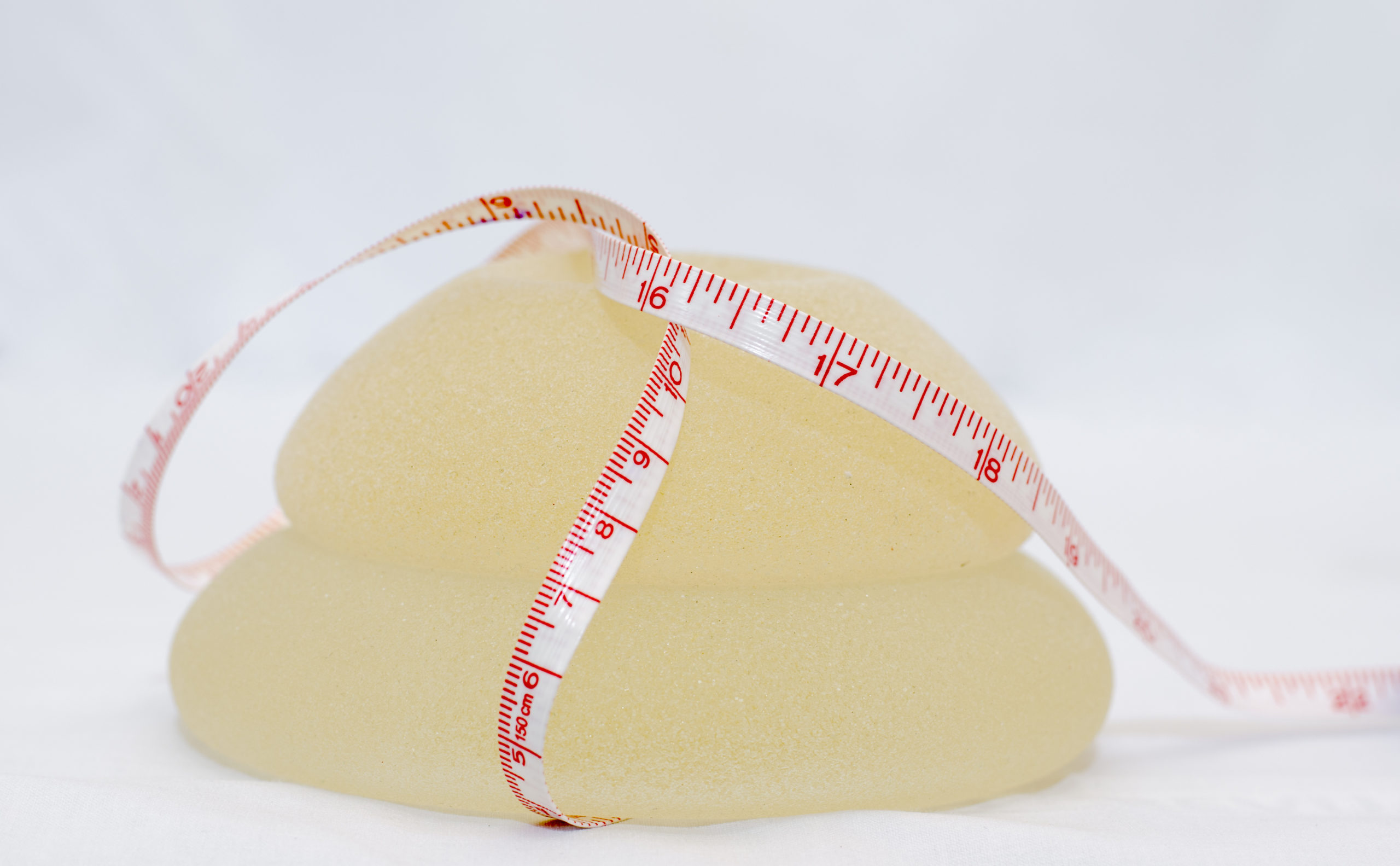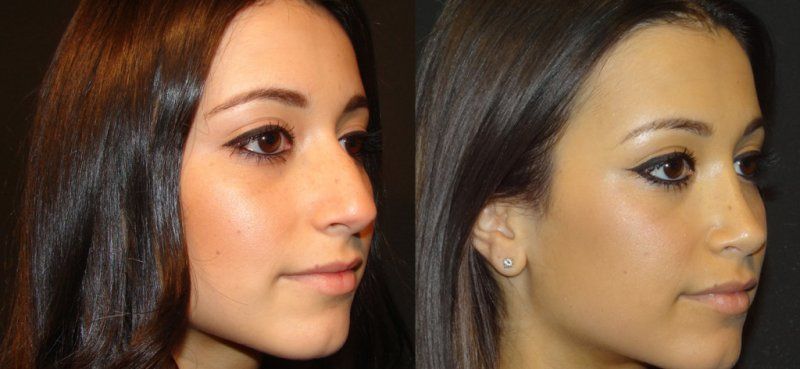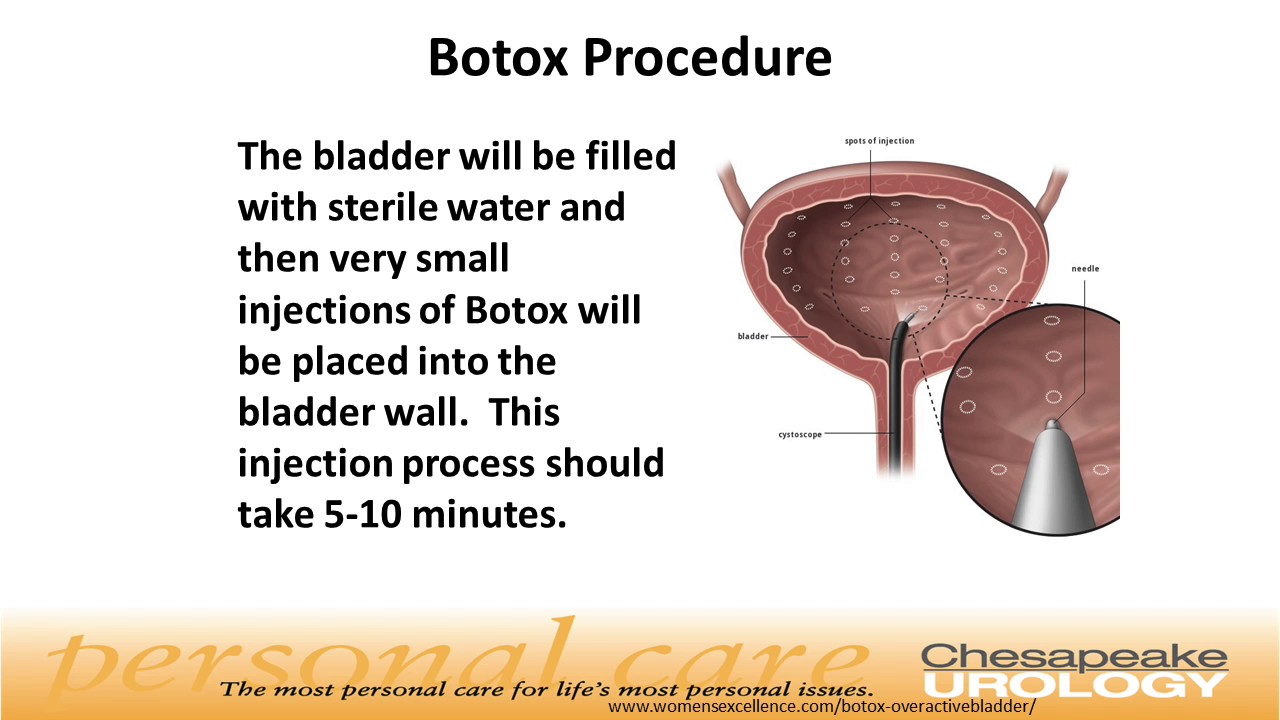
The FDA has published millions upon millions of reports about medical device problems. The FDA allows manufacturers of medical devices to report any problems to its employees. The public can also access the agency's MAUDE database. Implant safety can be affected by many factors. A textured surface may prevent rotation. A woman who smokes has a greater chance of complications from implants. Be sure to check your medical history for autoimmune diseases if you are considering breast implants.
Textured surfaces prevent rotation
Tough surfaces, however, will prevent the rotation of breast implants that are teardrop-shaped. Because textured surfaces have a Velcro-like effect, they will prevent rotation of the implant. Round implants will not rotate so will be less secure in the breast. Though rotation of teardrop-shaped implants is a small risk, it can still be an aesthetic issue.

Avoiding autoimmune disorders
FDA has not yet concluded if silicone implants in breasts can be linked to autoimmune conditions. Some doctors have reported arthritis-like problems after breast implants. While there hasn't been any conclusive evidence from the FDA linking breast implants to autoimmune disorders, there are growing signs. A recent study done by the World Health Organization has shown a link among breast implants and rare forms of cancer.
Reversibility of surgery
Unlike cosmetic surgeries such as rhinoplasty or tummy tuck, breast implant surgery is not reversible. The shape of your breasts will not return to their original form once the implants have been placed. Implanted breast tissue can become dimpled or wrinkled. This procedure can also result in significant pain. The best way to minimize these risks is to choose a surgeon who is experienced in breast implants surgery.
Patient device cards
According to the FDA, the latest revisions to its guidelines for patient device cards for breast implant have made it even more important to give information to patients about the product. According to the latest FDA guidelines, patient device cards must include information about the implant type, serial number and any boxed warnings. Patients should be able to access additional information by using web links on the cards.

Screening to detect rupture
The Food and Drug Administration's (FDA) recommends periodic imaging for breast implants 2 to 3 years after surgery. Ultrasound can differentiate between normal and ruptured implants. Normal implants will appear uniformly homogeneous with ultrasound. Broken implants will have a "snow-storm" appearance. For any of these symptoms, it is a good idea to schedule an MRI. The MRI will determine the extent. This type of imaging will not be covered by your health insurance.